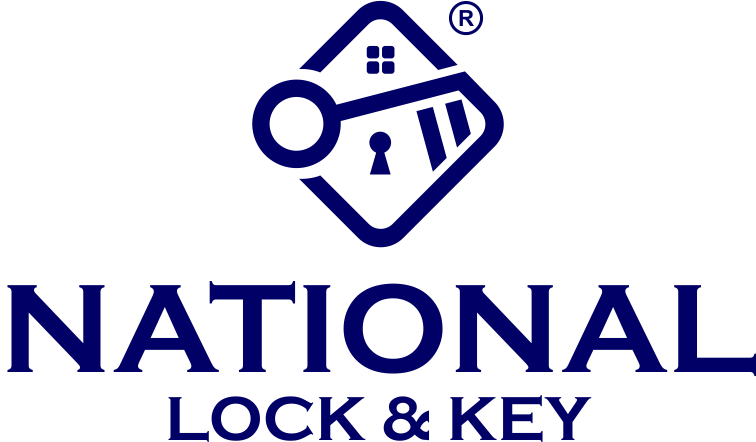Be Prepared With a Built-in Safe
Besides being a place to keep extra money, safes are also an excellent place to store other valuables
In the age of credit cards, electronic banking, and online transactions, many wonder if a home safe is redundant. They may think that safes are unnecessary in this time of easy access to everything from instant downloads to 24-hour banking.
Yet there is concern that society constantly teeters on the brink of chaos. With a sudden earthquake, hurricane, or tornado, everything can change instantly, and we can suddenly find ourselves without access to our money, especially when we need it the most.
And it is not only natural disasters that can affect us; man-made disasters like a system-wide electricity outage can be equally as crippling. If this should ever happen, the local bank could be shut down for days or weeks at a time, and anyone without access to money may find themselves in dire straits.
Although this may all sound like ‘doom and gloom’ talk, being stuck without money is potentially everyone’s worst nightmare, there is an easy solution. Install a safe in the home and keep some cash handy in case of an emergency. A built-in safe in the home can be a personal bank when it is needed.
The safe owner will have access to money to buy gasoline, food, and bottled water, which can make all the difference in their survival, overall health, and peace of mind.
Protect valuables
Besides being a place to keep extra money, safes are also an excellent place to store other valuables. Keep important or valuable documents, jewelry, sensitive data, and other electronic information. Most high-quality safes are fireproof to some degree and will protect documents and sensitive information in an emergency.
Choosing the right safe
Safes come in many shapes and sizes and with varying specifications. Choosing the right one requires answering a few simple questions:
Is the safe burglar-resistant?
Is the safe fire resistant?
What protection does the safe offer against environmental damage such as water or dust?
What type of lock do you prefer? There are many to choose from, from the basic key lock to a combination lock and even a time or electronic lock.
Is it a wall safe, a floor safe, or even a built-in safe?
Where will the safe be installed?
Making a decision does not have to be complicated. A local locksmith can walk clients through the questions above and advise on the best option to suit their needs and budget.
Prevention is best
An in-home safe is a valuable investment. The homeowner will be prepared in an emergency and have a built-in security hub for valuables, giving them added peace of mind in case of a break-in or a fire.
National Lock & Key is a licensed, insured, full-service commercial and residential locksmith serving Northern Virginia, Maryland, and Washington D.C. Contact us at (571) 449-6495.

